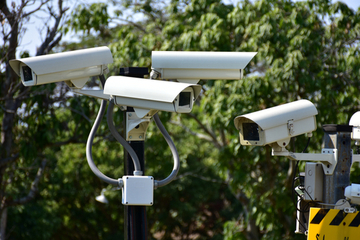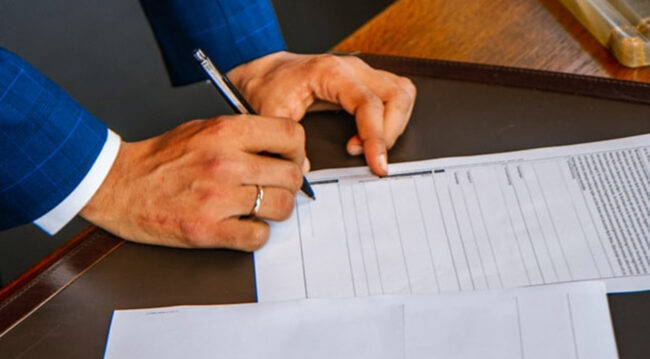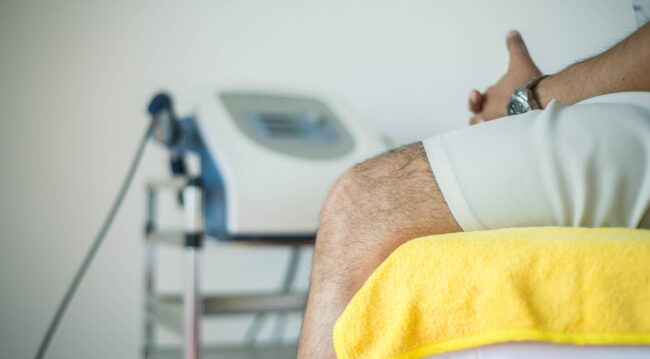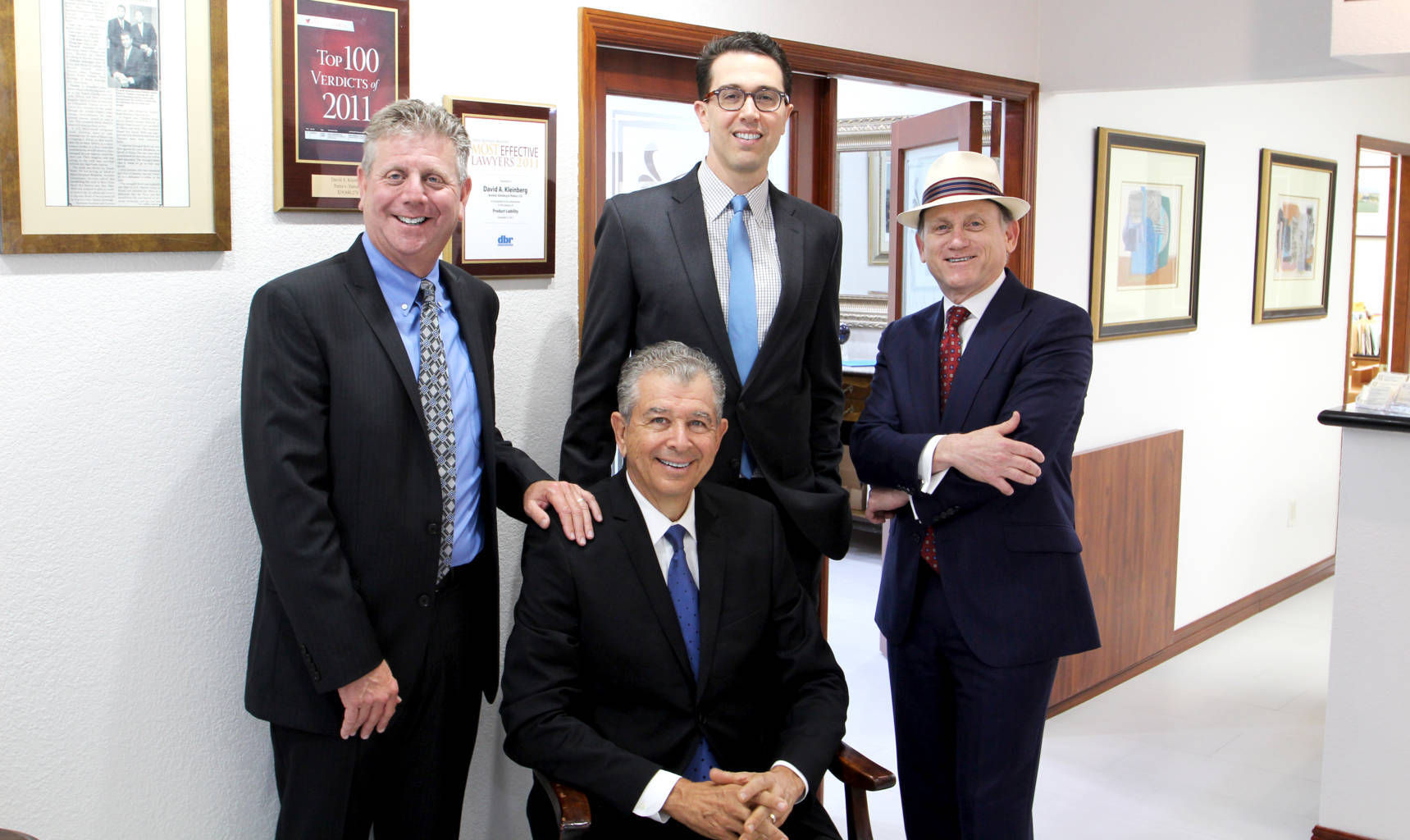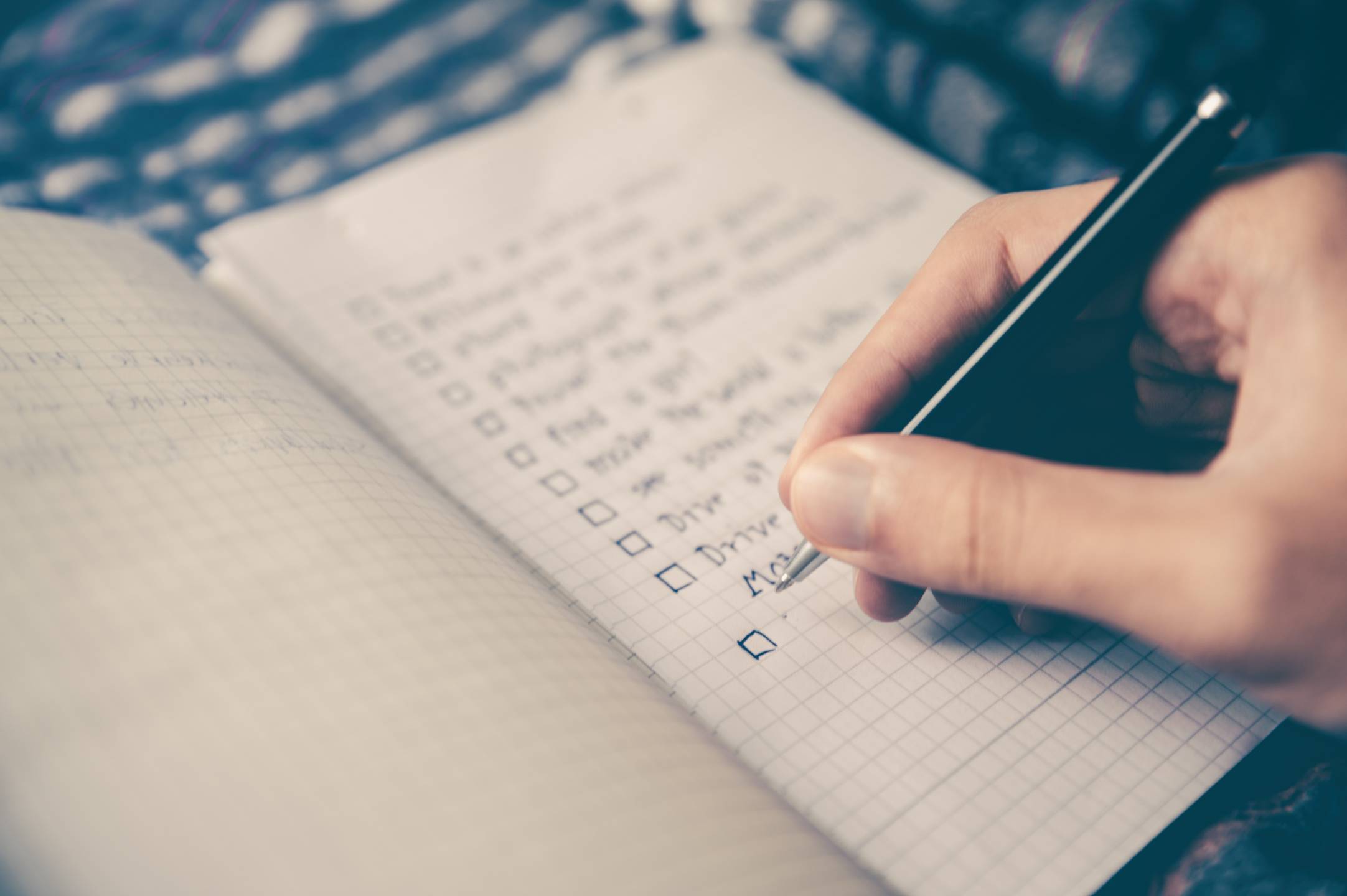
Injured in a Car Crash?
No matter how smart you are or how much you like to be prepared, no one’s really ready for a car accident. Even if it seems relatively minor, you’ll likely feel shaken. And if you or someone riding with you is injured in a car crash, it’s likely that your focus is going to be on them – not how to handle the car accident itself.
Unfortunately, neglecting to follow proper accident protocol can end up costing you a lot. You don’t want to get into any kind of legal trouble when you didn’t cause the accident in the first place. And you certainly shouldn’t get stuck with an exorbitant medical bill if injuries were caused by the other driver. But both of these things could happen if you make a mistake here.So what should you do?
6 steps to follow when someone hits your car
The actions you should take after a car crash can really be broken down into two categories: Before Leaving the Scene and After Leaving the Scene.
Before leaving the car accident scene
- Get help if necessary. Your primary concern after an auto accident should be to ensure everyone is okay – both the people in your vehicle and those in the other car. This includes you, so do your best to check yourself for serious injuries before you moving between cars. If anyone is hurt, call 911 or another emergency number to get medical help there as soon as possible.
- Call the cops. In the state of Florida, whenever a car accident involves death, serious injury, or property damage exceeding $500, you have to call the police to file a report. But even if the results of the car crash aren’t so serious, it can be a good idea to get a police report if someone else hits you. The report can be used as evidence to support your claim.
- Take down the information. This is the one that most of us had drilled into us in drivers ed classes or by our parents. Whenever you’re in an auto accident, you need to gather the names, addresses, license plate numbers, drivers’ license numbers, phone numbers, and insurance information for all drivers involved. If possible, get this information from passengers as well.
- Collect evidence. If you’re feeling up to it, this is one of the most important things you can do to help your case. That means taking pictures of the car accident before anyone arrives to start moving the cars, as well as capturing images of things like skid marks and other damaged property. Additionally, if there are bystanders, you should approach them and ask what they saw and if they’ve ever seen other car crashes there. Get their names, addresses, and phone numbers if you can.
- Don’t apologize or explain. Anyone who has watched a crime show on TV knows that anything you say can and will be used against you when a cop comes to arrest you. Well, the same thing applies here. It’s natural to want to say you’re sorry if another person was injured in a car crash – even if it wasn’t your fault – and you may find yourself wanting to justify your actions just to show them that you weren’t to blame. Don’t do it. Anything along these lines can potentially be used against you as an admission of guilt, which can seriously harm any claim you put forward and possibly even open the door for others to take legal action against you.
- Stick around. If you leave the scene of the car accident without exchanging information with the other driver and filling out a police report (if necessary), it’s possible that you may be charged with a hit and run. Don’t risk it. Stay until you’re confident you can safely leave.
After leaving the car accident scene do these 5 things
- Call your insurer. By law, you are required to notify your auto insurance company of any car accidents that you are involved in within a reasonable time frame. Best way to do this? Call them as soon as you get home. Be honest when you explain to them what happened, but do not say that the car accident was your fault – even if you think it might have been. Let the evidence decide.
- Get checked out. You might think that you know your own body well enough to tell that you’re fine after an auto accident, but it’s always best to be sure. Oftentimes, injuries that people sustain in car accidents can take days or even weeks to make themselves known, but a doctor can spot them much faster than you. This is good for two reasons – first because you’re less likely to aggravate the injury more under a doctor’s care, and second, because catching injuries right after a car accident serves as further evidence that they really were caused by the accident and not something separate. In addition to your physical injuries following a car crash, it is important to be aware of your psychological condition. The American Psychological Association (APA) and the National Institute of Health (NIH) recognize that car accident injuries are among the leading causes of PTSD in the United States.
- Don’t be afraid of a second opinion. Your insurance company should offer you a damage valuation for your car that tells you how much money it will take to repair it. If this amount seems low to you, seek out two independent estimates and make sure the adjuster knows about your concerns.
- Avoid early settlements. Many people are overjoyed when insurers offer to settle with them quickly. After all, they need to repair their car and may have medical bills to cover, too. But be careful. Often these fast settlements are low-ball offers because insurers are afraid that you’ll discover something else to bill them for. Don’t take a settlement until you…
- Talk to a car accident lawyer. Car accidents are tricky things. Sometimes injuries make themselves known immediately, while other times they stay hidden for months, then suddenly become huge problems. Likewise, seemingly minor problems can linger for months and even years. A car accident lawyer can share the knowledge and advice they’ve accumulated from handling cases just like yours and let you know whether or not you’re truly getting a good deal.
If you or anyone you love has been injured in a car crash, get in touch with an experienced personal injury lawyer at Neufeld, Kleinberg & Pinkiert as soon as possible and fight for the compensation that you need and deserve.







